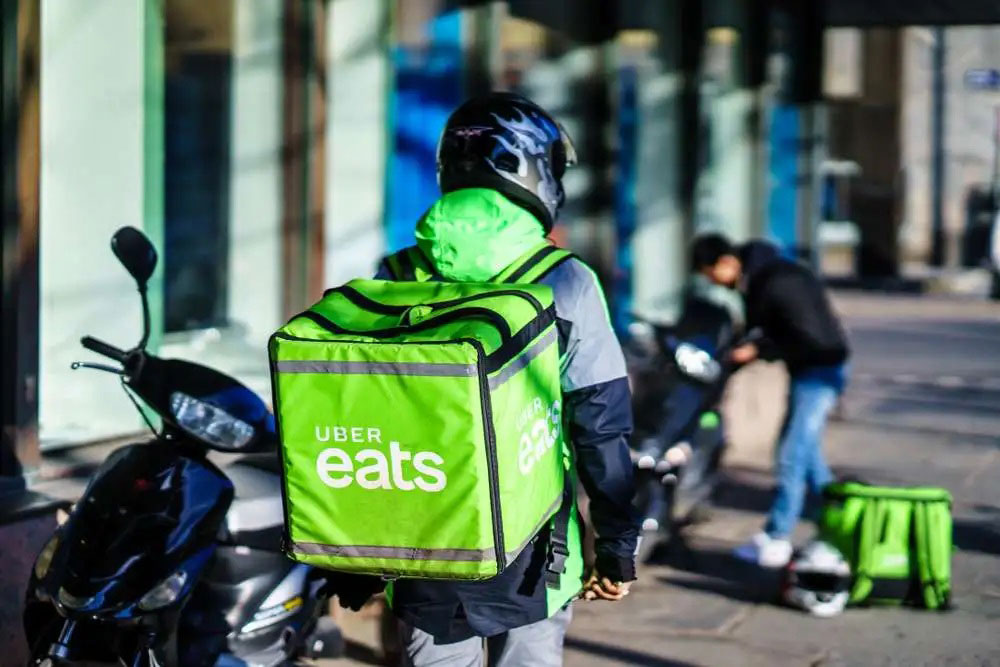The Federal Communications Commission's (FCC) Affordable Connectivity Program (ACP), initiated by the Biden Administration during the pandemic's climax, aims to assist households in accessing vital internet services for work, education, and health. The FCC highlights that this initiative offers up to $30 off monthly internet bills for qualifying households and a heftier $75 for those residing on tribal lands.
This commendable effort has a $14.2 billion backing from the Biden Administration. However, projections suggest these funds may be depleted by mid-2024, potentially leaving countless without this crucial broadband access. Notably, an Associated Press review revealed a mere 40% uptake from those eligible for the program.
Warren RECC, a significant provider in Warren County and beyond, has observed an intriguing trend. Kim Phelps, their Senior Director of Communications and Public Relations, remarked to WKU Public Radio, "I’ve really been surprised, to be honest with you, that more people didn’t take advantage of the Affordable Connectivity Program. It was really a pretty good deal. I was really surprised we only had about six percent."
The slow adoption rate might stem from the phased broadband infrastructure development in various regions. However, the narrative is shifting. "At this point in Warren County, we’re really turning our efforts away from building and more towards informing our more rural members so that they better understand the importance of high-speed internet and how they can use it," Phelps added.
Interestingly, while many are yet to leverage this benefit, its popularity has been surging month-on-month since its 2021 launch, currently assisting approximately 20.4 million households nationwide.
With the program's potential end looming, advocacy groups urge Congress for an extension, emphasizing the detrimental impact its termination could have on the fragile rapport between consumers and internet providers, especially during these expansive broadband outreach endeavors.






